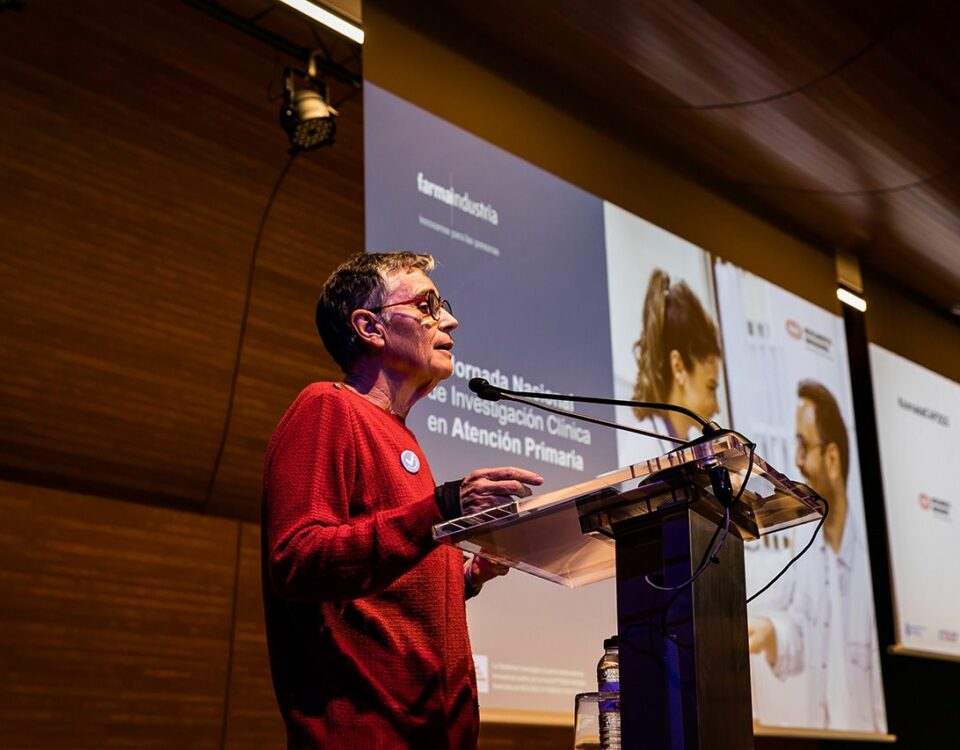Spain advances in paediatric clinical research through international projects based on public-private partnerships

There are currently more than 600 clinical trials underway for children and adolescents in Spain, almost half of them focused on rare diseases.
The Spanish Network of Paediatric Clinical Trials, the Hospital Sant Joan de Déu Barcelona and Farmaindustria organise a conference on the value of international collaboration in this field.

Source: Farmaindustria.es
Spain is a benchmark country in the world and the first in Europe to conduct clinical trials to test the safety and efficacy of new drugs. The pandemic brought biomedical research closer to the general public, who are increasingly familiar with the importance of these studies, which are the last step in demonstrating the efficacy and safety of a drug that, on many occasions, changes the lives of patients with serious illnesses and no treatment options.
One of Spain’s current challenges – in addition to consolidating and maintaining its leadership position – is to focus on diversity and allow these clinical trials to reach more and more types of patients, such as children and adolescents, a population that often suffers from diseases that do not manifest themselves in the adult population and which requires a greater research effort to take these particularities into account and find the best possible treatments.
In this context, the Hospital Sant Joan de Déu Barcelona (SJD), the Spanish Network of Paediatric Clinical Trials (Reclip) and Farmaindustria held a conference on Tuesday in Barcelona entitled Facing challenges in paediatric research: the importance of international collaboration, which analysed various projects involving public and private entities that will allow further steps forward in paediatric research.
This is the case of theUNICAS Network project , led by the SJD, to improve care for children and adolescents with complex minority diseases. As Joan Comella, director of Research, Innovation and Learning at the hospital, explained, ‘our commitment is to promote networking and to be able to increase the number of patients who can access more and better treatments. This starts with understanding the diseases and generating new treatments in collaboration with all actors, including biopharmaceutical companies. We need to increase the commitment of all actors, public and private, to rare diseases affecting children.
Another major public-private collaboration project is Conect4children, which was discussed by Mark Turner and Ricardo Fernández, who recalled that this initiative is a pioneering opportunity in the field of paediatric clinical research, providing a comprehensive structure for conducting high-quality clinical trials in children and young people, in all conditions and phases of the drug research process, in an efficient and rapid manner.
‘Clinical research cannot move forward without public-private collaboration, as experience has shown. And, although we still have a long way to go, for the period 2020-2024 more than 600 clinical trials have been authorised for the paediatric population in our country, of which practically half are focused on rare diseases and more than 90% are promoted by the pharmaceutical industry’, underlined Amelia Martín Uranga, Director of Clinical and Translational Research at Farmaindustria.
The value of networking
In this sense, he highlighted the importance of the Red Únicas project, which allows the strengthening of a circuit of alliances between hospitals in Spain, European networks, companies and research centres to improve the diagnosis, research and care of patients with rare diseases. Therefore, ‘ networking and the possibility of participating in clinical trials beyond the autonomous community of residence or even beyond our borders, to provide opportunities for paediatric patients, is a necessity today,’ he said.
In addition, in his speech, Martín Uranga also highlighted the need to continue to make progress in the digitisation of research processes, and in particular, to share and reuse data between centres that participate in research networks. ‘Large amounts of data are needed to generate knowledge and must be available to all researchers (public and private), establishing ethical-legal procedures that allow proper use to advance in paediatric research, in general, and in minority research, in particular,’ said the Farmaindustria spokeswoman.
A new collaborative project between SJD, Reclip and Farmaindustria on how to improvelay summaries of clinical trials, i.e. how participants and their families are informed of the trial results in an understandable and useful way once the study is completed, was also presented at the conference.





